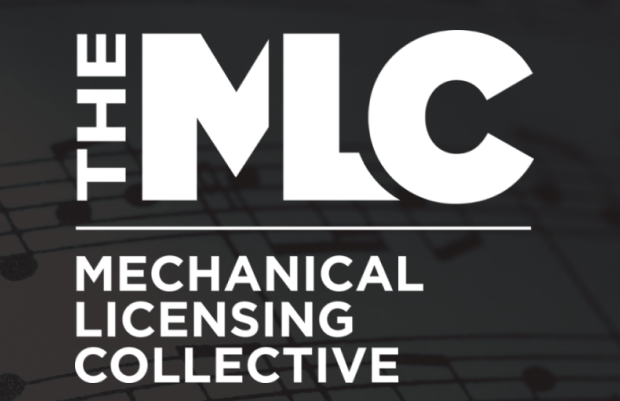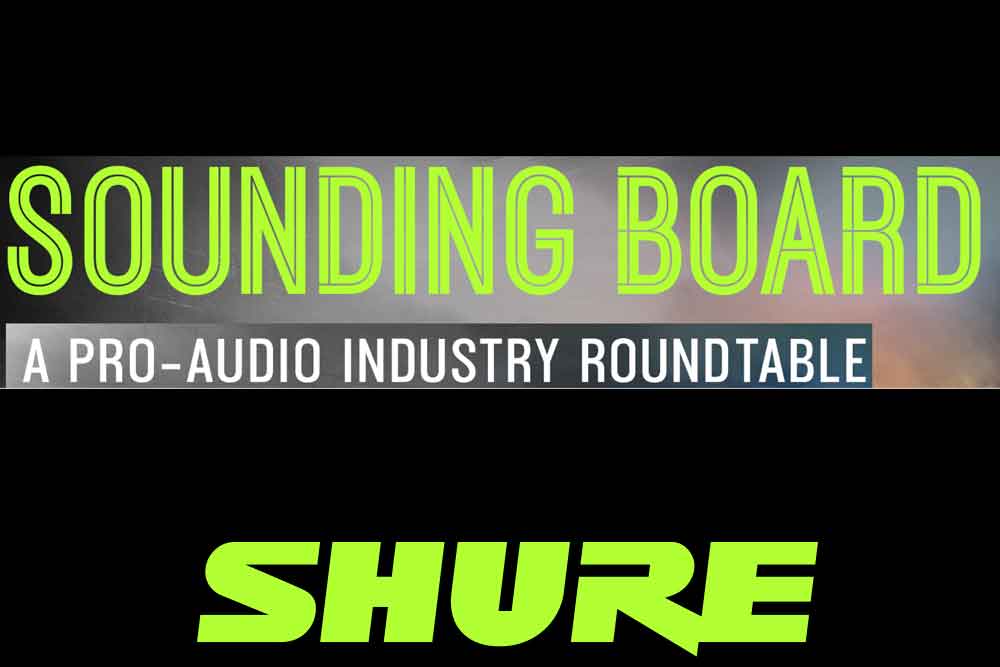The Mechanical Licensing Collective (The MLC) has announced the release of its brand-new Educator Toolkit, created to help college educators teach students–particularly those studying music and music business–about the changes to the administration of digital audio mechanical rights in the United States that will begin taking effect in January 2021 as a result of the landmark Music Modernization Act. With this free resource, The MLC hopes to connect with future music business professionals and aspiring songwriters at the outset of their respective careers.
The Toolkit offers instructors a range of materials they can easily incorporate into their existing syllabi or use to create new course modules. These include a comprehensive and easy-to-understand introductory video, a white-label customizable PowerPoint presentation, suggested classroom activities and exam questions, and a list of informational videos, articles, and other resources on copyright and the history of mechanical licensing.
Led by Professor Serona Elton, The MLC’s Head of Educational Partnerships, the Toolkit is part of The MLC’s broader educational mandate, which is intended to provide foundational knowledge of what The MLC does and why. “We would love everyone in the music business to know exactly who we are and what we do,” explains Elton, who has a decade in royalties and mechanicals at major labels under her belt, as well as more than a decade as a professor and university leader.
“One way we hope to accomplish this is by engaging the academic community with information and resources that make it easier for them to incorporate material describing the important work of The MLC into their classes. Today’s music business students are tomorrow’s professionals. They will intern or work for publishers, record companies, digital platforms, and collective rights management organizations. They will manage artists, many of whom are also songwriters and composers. They are tomorrow’s entrepreneurs who may develop new platforms and businesses to support creators and rightsholders. Some of them will become professional songwriters and composers. Providing them with critical knowledge about The MLC’s mission while they are still learning about the industry ensures they will be better informed when they begin their careers.”
In the last decade, The MLC’s mission, and audio mechanical licensing more generally, have become increasingly significant for music professionals in a wide range of roles, making education about this aspect of the business essential. And with an explosion of new music being released on digital platforms – particularly by independent artists and/or self-administered songwriters – even more individuals need a firm understanding of the mechanical licensing process. “It is more confusing than a lot of other licensing and administrative activities in the industry,” Elton notes. “and it became a lot more difficult for instructors to feel comfortable explaining it” due to the shift to digital music formats and rapid change in the industry.
Elton used her years of classroom, boardroom, and conference panel experience to create materials that spoke to learners’ most pressing questions about licensing. Instead of focusing solely on The MLC, Elton gave students a fundamental grounding in the systems and legal framework underlying the new blanket digital mechanical license. “The goal is to give students a deeper understanding of how these licenses work and why The MLC exists in the first place,” she says. "Having that foundation of knowledge will help students grasp day-to-day operational aspects of mechanical licensing and royalties and apply their understanding of rights management to different areas of the music business.”
“Educating up-and-coming future industry executives and songwriters is one of the best ways we can ensure that we will be able to fulfill our mission for them in the future,” notes Kris Ahrend, The MLC’s CEO.
Instructors and educational institutions can find out more about The MLC’s Educator Toolkit here.













